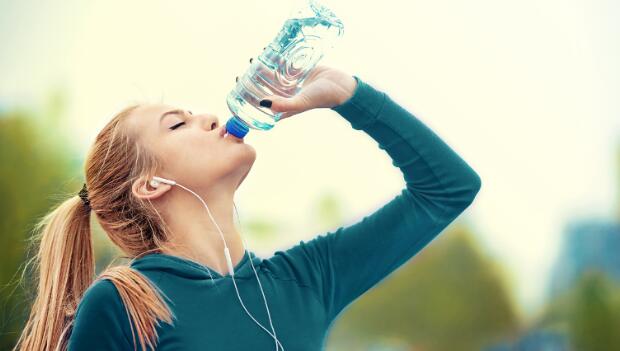
One of the biggest misconceptions runners have when signing up for their first marathon is that the training is all about running. The mileage and workouts are what will prepare your body to perform over 26.2 miles, but without rest and recovery, all that training can't happen in the first place. While you can often get away with subpar recovery tactics in preparation for a 5K, 10K or even a half marathon, it becomes vital when logging lots of miles for marathon preparation.
Adequate recovery allows you to log key workouts day after day. Without a regimented recovery routine, you're less likely to bounce back after a hard run and be able to put in the prescribed mileage the following day. In fact, it is during the recovery phase that the physiological adaptations are made to make you a better runner. If you continue to stress your body without stopping to heal and adapt, your training will be for naught.
More: Are Your Easy Runs Slow Enough?
Aside from good old-fashioned rest days, there are other things you can do to feel fresh even the day after a long run. "Recovery comes down to a few things: the nutritional aspect, the physical aspect and the mental aspect," says Gary Berard, a marathon coach based in New York City.
Rest days allow you to focus on other priorities in your life so you can maintain both balance and sanity. The nutritional and physical aspects, however, require you to be more proactive. In particular, fueling and hydrating properly, icing after key efforts, and subscribing to various therapies, like massage and Active Release Technique, can help speed your recovery from one day to the next.
More: 5 Golden Rules of Marathon Recovery
How to Refuel
Nutrition is often the forgotten piece of the puzzle when it comes to proper recovery. As many runners will attest, you usually don't feel like sitting down to a big meal as soon as you walk in the door from a long run, but it turns out, it's one of the best things you can do. "The nutrition side of training and recovery is so overlooked by athletes," says Steven Devor, a Ph.D. in exercise physiology and professor at The Ohio State University. "What you put in your machine makes a huge difference."



